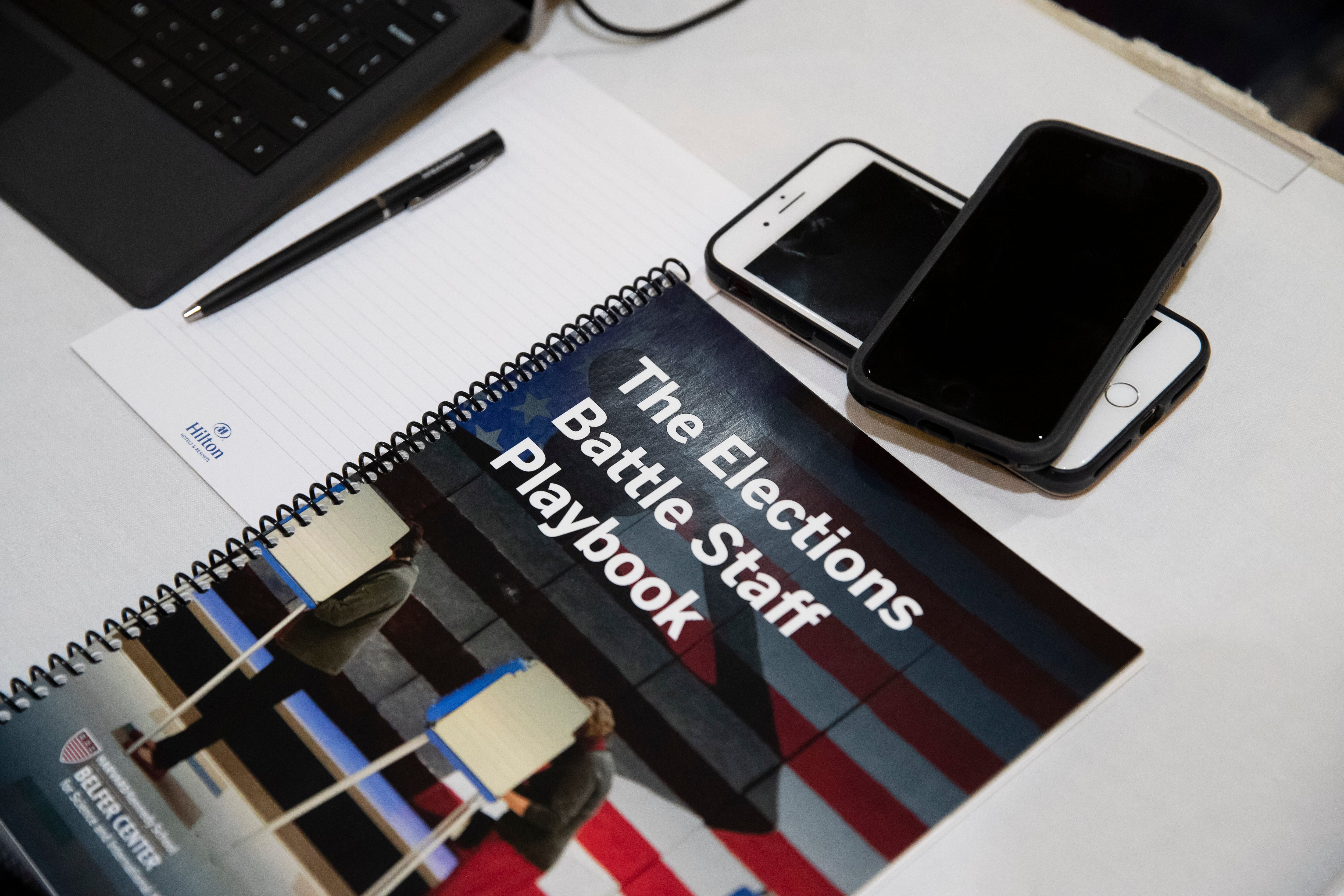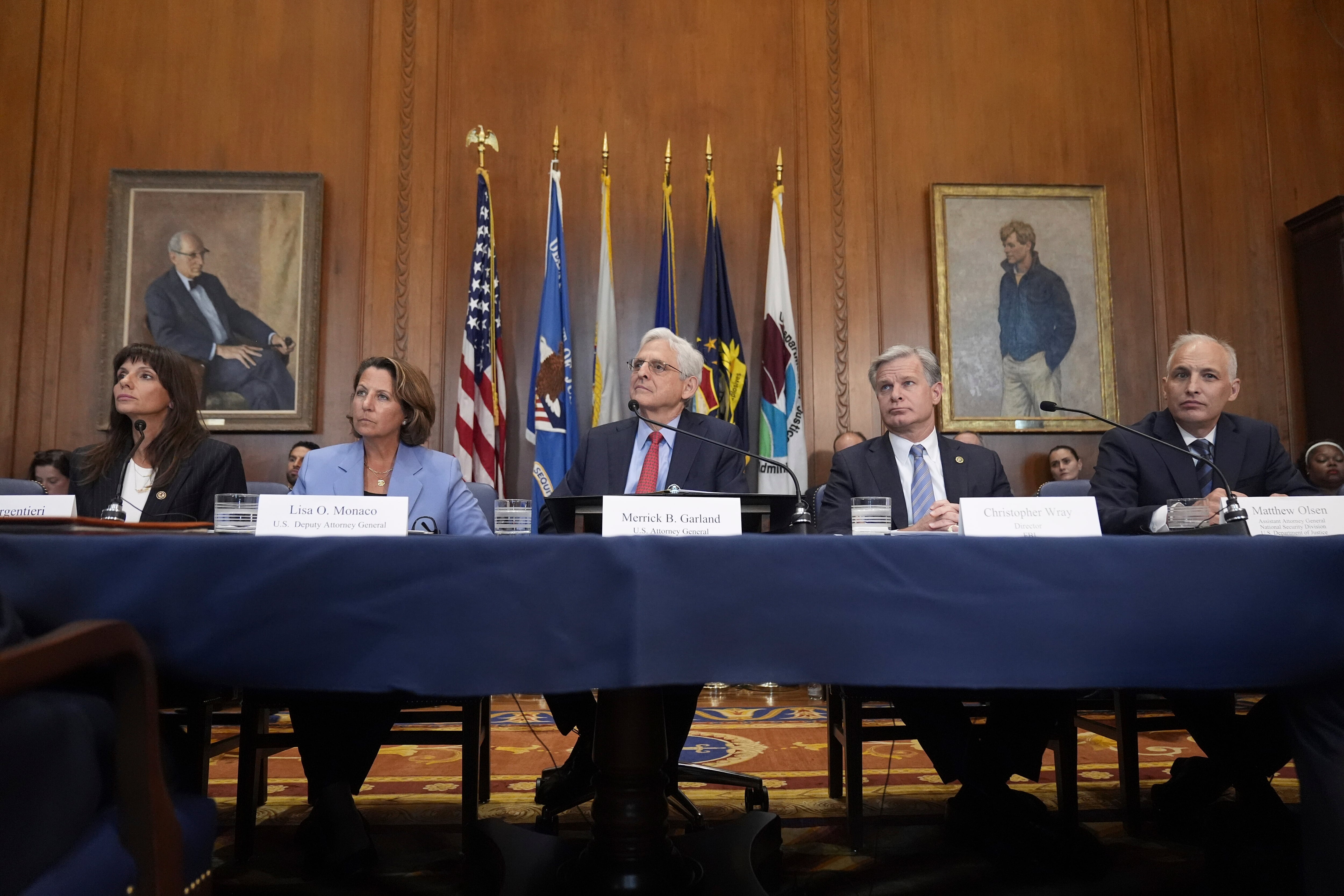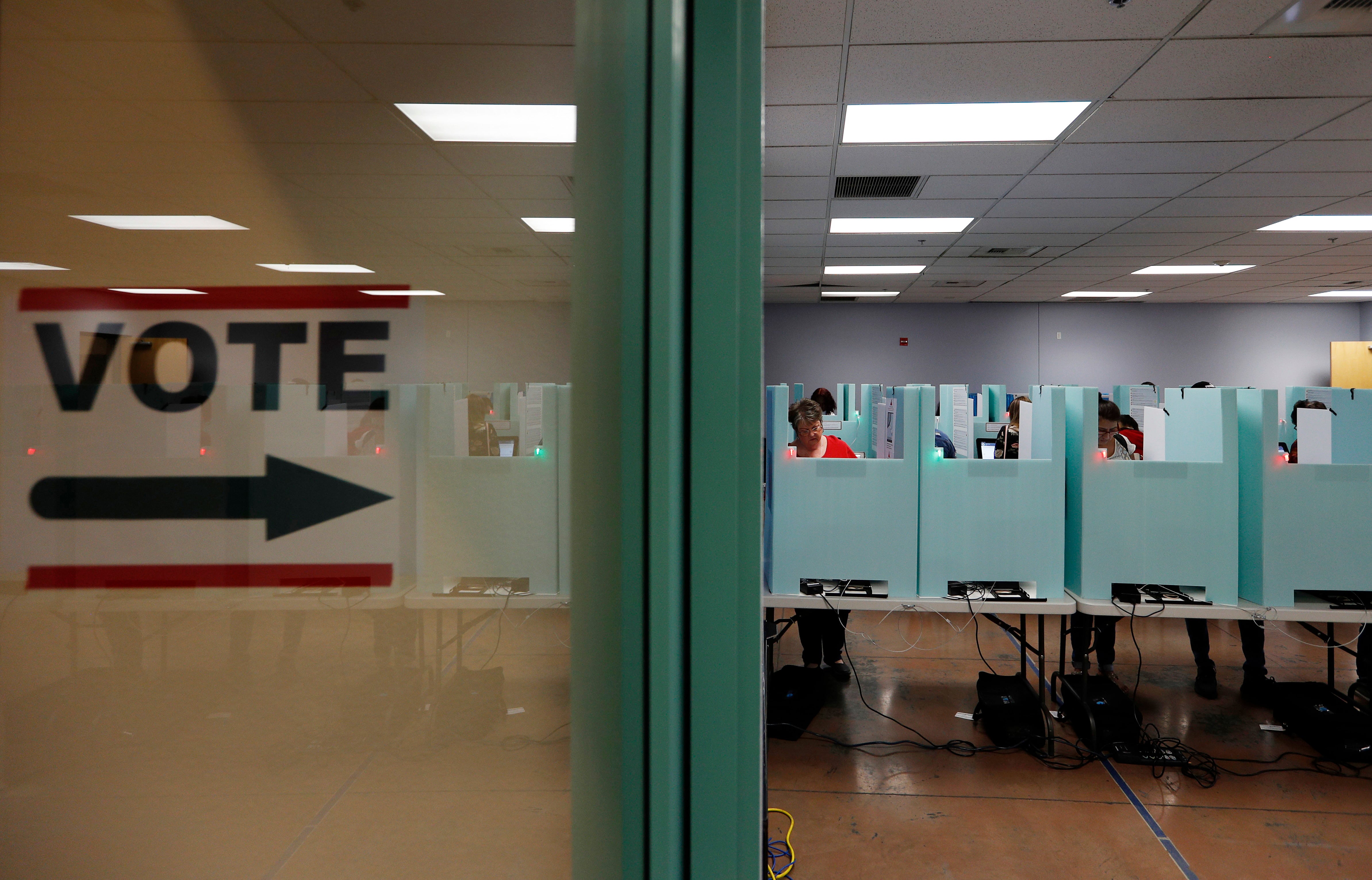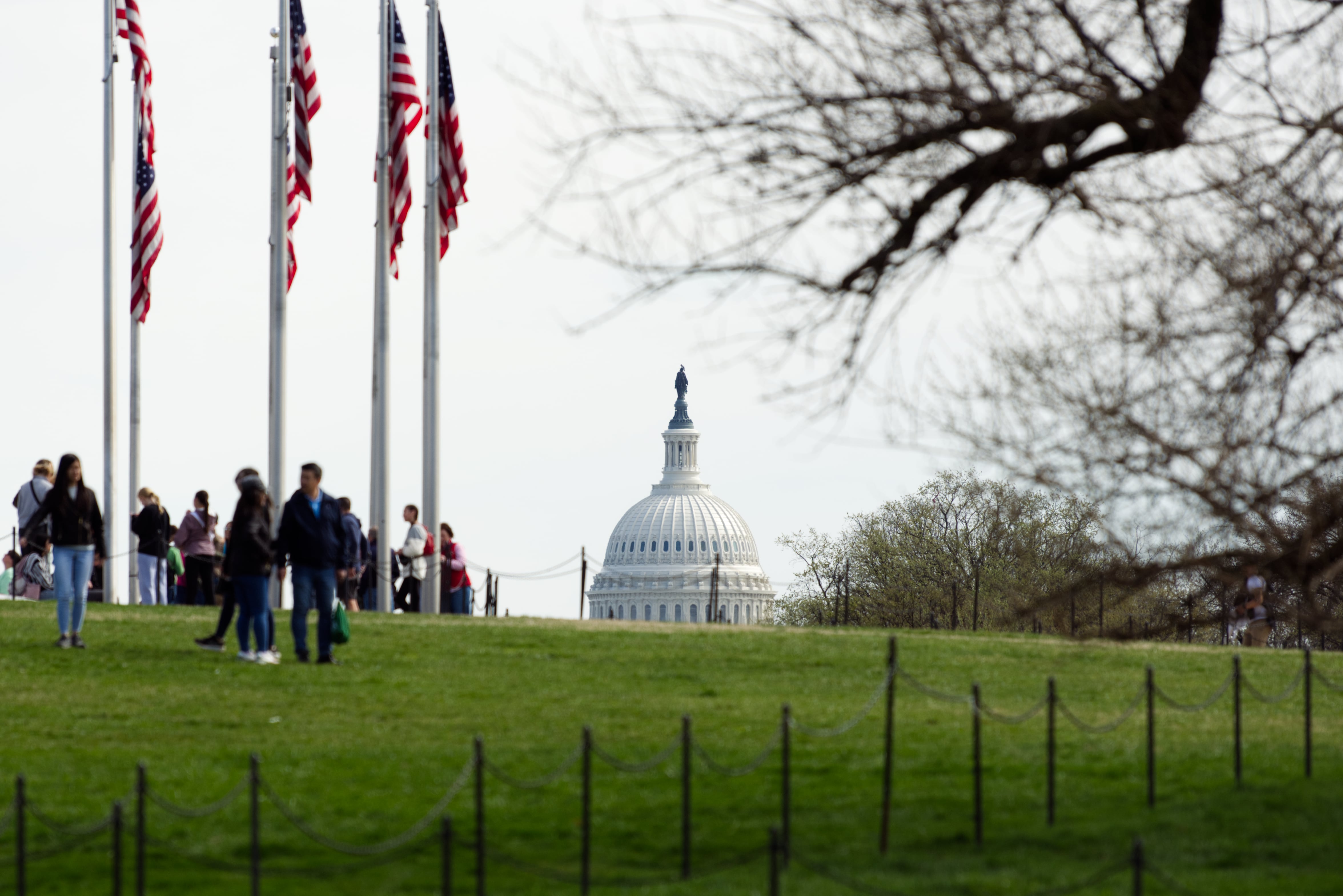Leaders of a Washington think tank urged veterans this week not to trust information posted to the fake news website “Not Our War,” which the group claims is attempting to stir up antidemocratic sentiments among veteran voters ahead of the November presidential election.
The website was one of nearly two dozen flagged in a recent report by the Foundation for Defense of Democracies, a research group focusing on foreign policy and national security. The group warned that Iranian operatives were trying to pass off the sites as legitimate news outlets and use the content to cast doubt on America’s democratic process.
In addition to veterans, the sites target various minority groups, including Black, Spanish-speaking and Muslim voters, FDD reported.
“Not Our War” posts articles that disparage U.S. military operations overseas and criticize both President Joe Biden and former President Donald Trump. Many of its posts are written in a way to elicit strong reactions from veterans, and its homepage includes a tab labeled “Veterans,” said Max Lesser, a senior analyst on emerging threats at FDD.
“The broader aim of the website is to discredit US military actions across the board, but then there is another focus, which is targeting veterans,” Lesser said.
RELATED

The cybersecurity company Mandiant warned of the same website during a briefing about election interference given to members of the U.S. Election Assistance Commission earlier this year. The company, a subsidiary of Google, said the site praised the Iranian government and prominent pro-Iran political figures, denigrated the Israeli government, criticized U.S. foreign policy in the Middle East and posted about divisive issues in the U.S., including the upcoming presidential election.
Experts have warned for months that U.S. adversaries — such as China, Russia and Iran — would target American voters with disinformation leading up to the election. Some of the messaging meant to sow division is reaching veterans by preying on their sense of duty to the U.S., some experts warned.
A 2017 study from Oxford University found Russian operatives disseminated “junk news” to veterans and service members during the 2016 presidential election. In 2020, Vietnam Veterans of America warned that foreign adversaries were aiming disinformation at veterans and service members at a massive scale, posing a national security threat.
“Conspiracy theories are a threat to vulnerable veterans, and they could drag your loved ones into really dark and dangerous places,” Jacob Ware, a research fellow at the Council on Foreign Relations, told Military Times in May.
Microsoft reported in August that Iran had begun an election-interference campaign in the United States by setting up four websites that masqueraded propaganda as news. FDD used Microsoft’s findings to uncover other websites using the same web-hosting servers, it said.
RELATED

FDD released its report quickly after finding the other websites in an attempt to warn people they were fake before one of the posts gained significant traction online, Lesser said.
“We’re exposing it left of boom, before this network goes viral,” Lesser said. “That’s a note of optimism.”
Targeting veterans with disinformation isn’t a new tactic for Iran. Vlad Barash, a scientist at the social media research company Graphika, testified to Congress in 2019 that both Russia and Iran were trying to exploit veterans’ frustrations with the U.S. government by promoting the narrative that democracy was broken. At the time, Barash said such attacks “show no signs of stopping.”
In its report, FDD recommended the U.S. government sanction and indict the operatives running the websites. It also urged social media companies to monitor and block the domains. The FBI declined to comment Monday when asked whether it was investigating the websites.
Despite the room for improvement, Lesser said America’s response to election-interference campaigns has come a long way since 2016. He cited an increase in researchers uncovering disinformation attacks, as well as the Office of the Director of National Intelligence’s regular warnings about election interference and efforts by the Justice Department to seize websites spreading propaganda.
“Yes, foreign adversaries are still launching operations targeting our elections,” Lesser said. “But I think as a society, we have become markedly more resilient in terms of exposing these operations and taking action against some of the operators.”
This story was produced in partnership with Military Veterans in Journalism. Please send tips to MVJ-Tips@militarytimes.com.
Nikki Wentling is a senior editor at Military Times. She's reported on veterans and military communities for nearly a decade and has also covered technology, politics, health care and crime. Her work has earned multiple honors from the National Coalition for Homeless Veterans, the Arkansas Associated Press Managing Editors and others.




